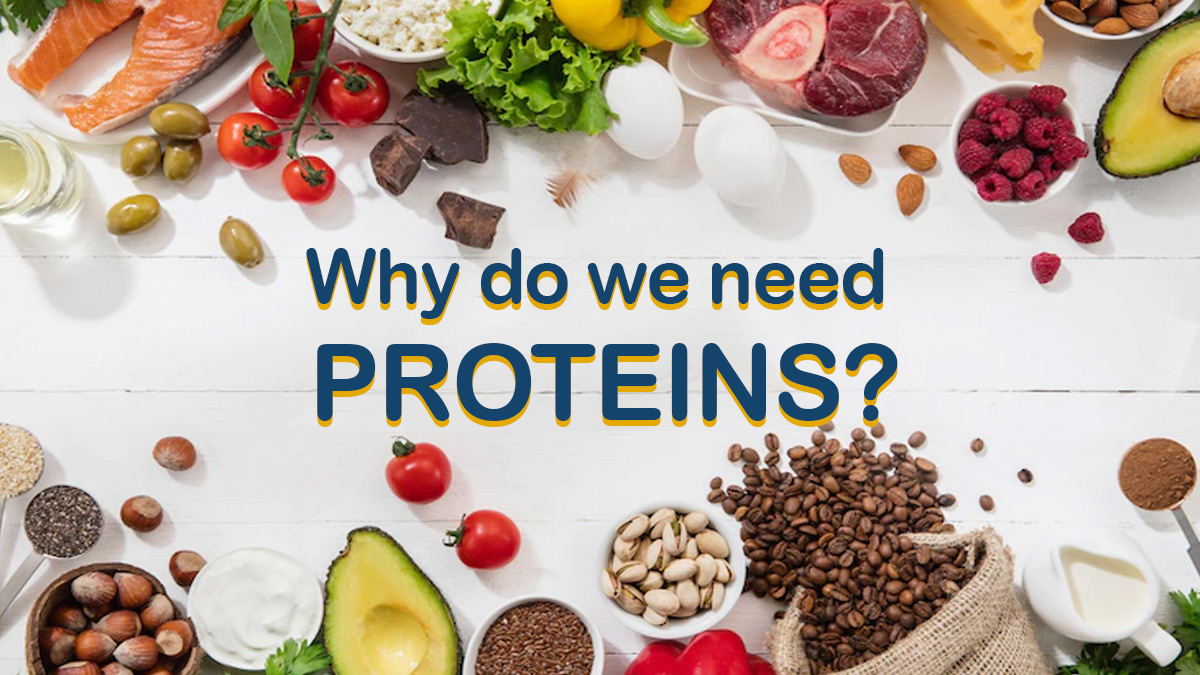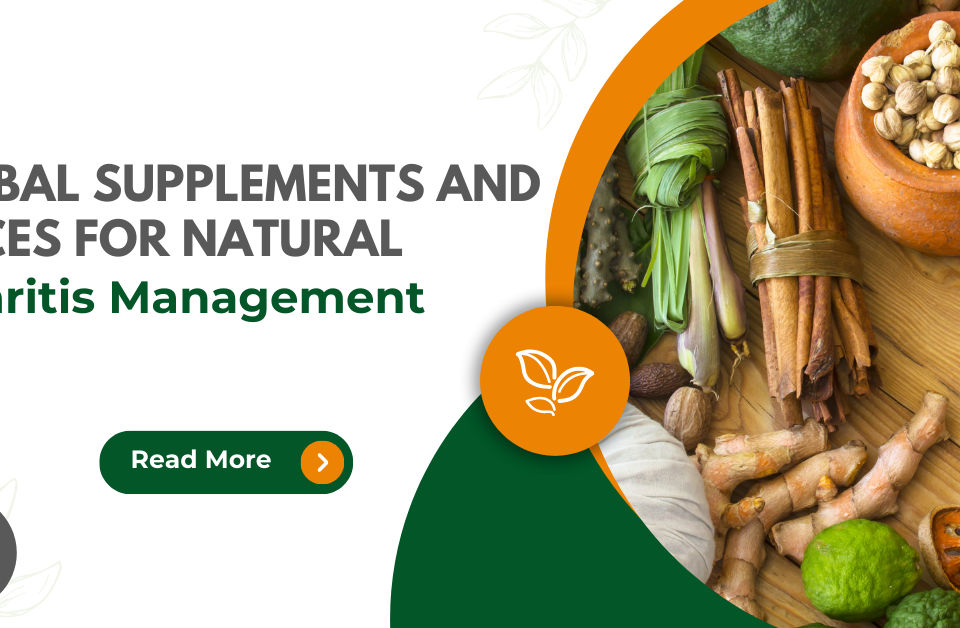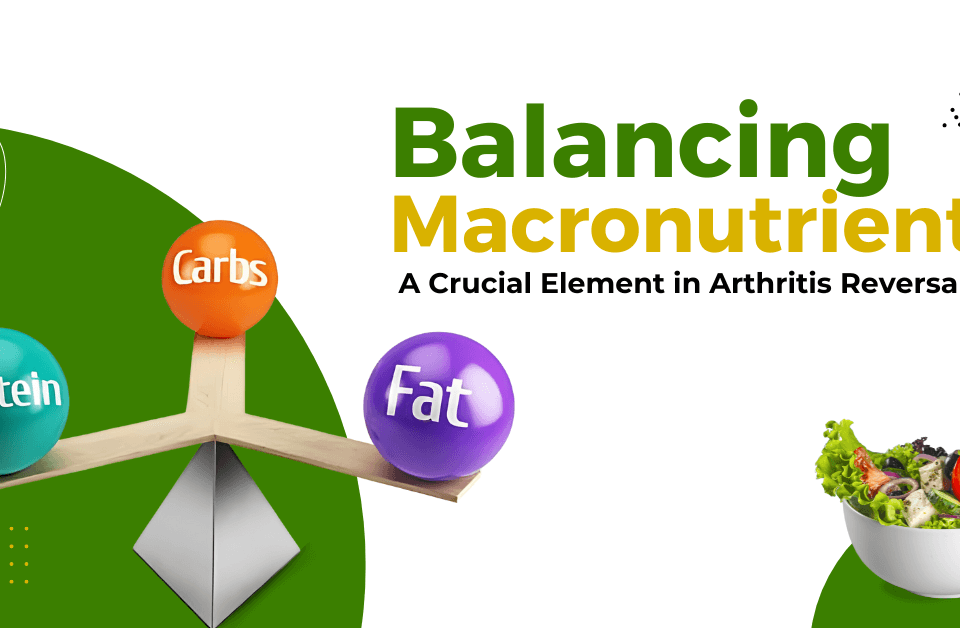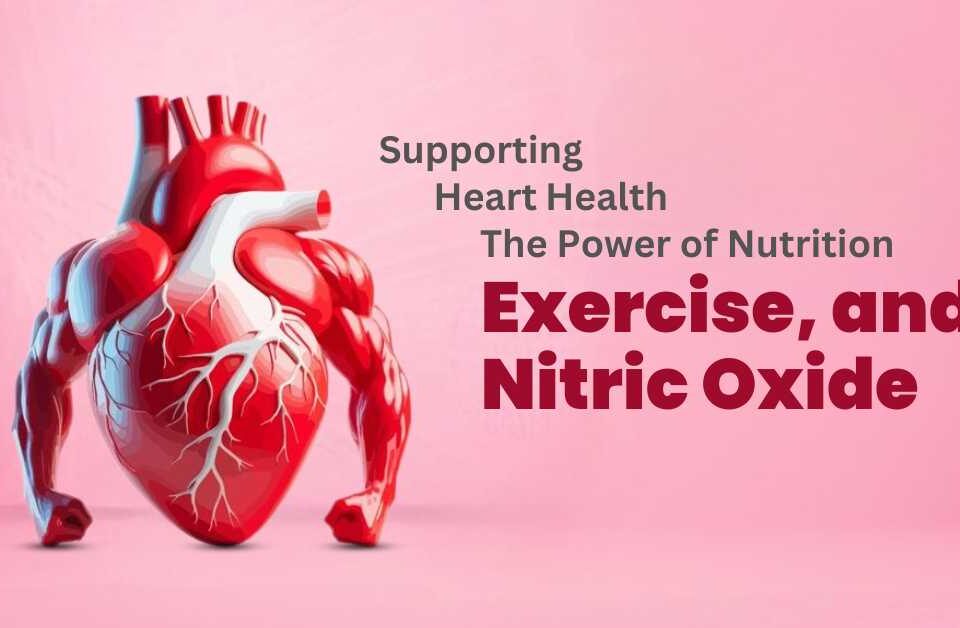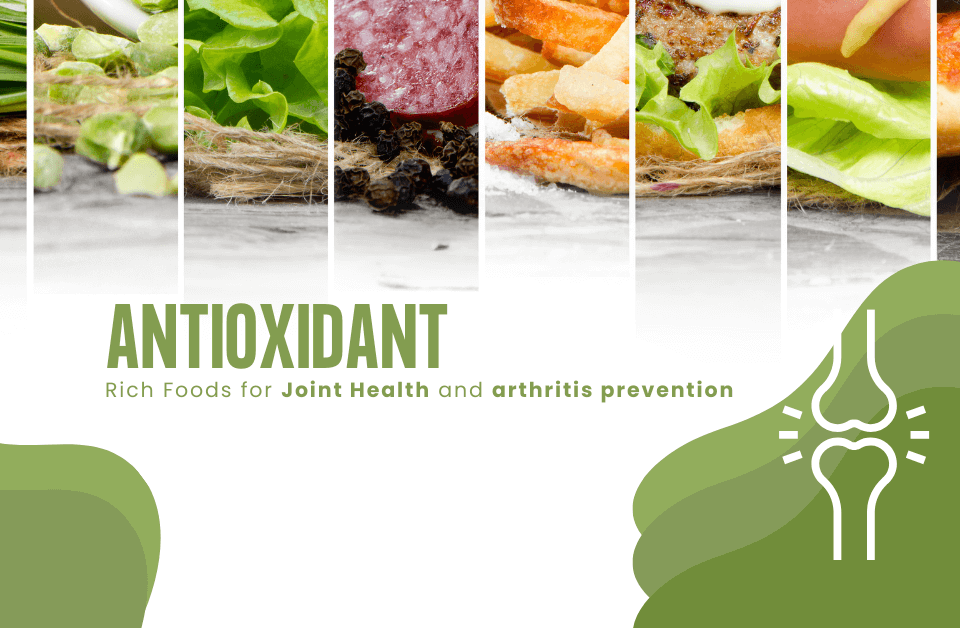Why do we need proteins?

Lung Disease: Cystic Fibrosis
June 25, 2022
Lung Disease: The Story of Amar My Patient with Asthma Lung
July 9, 2022Why do we need proteins?
From birth to the growth years, it is imbibed in our minds that proteins are the essential aspect of growth for the human body. Proteins are the building blocks of life. Ever wonder why? Let us understand.
Protein is there in every cell of the human body, and the basic structure of the protein is a chain
of amino acids. Now, amino acids are the molecules that accumulate to form proteins. When the
human body digests and breaks down proteins, amino acids are left. These left-out amino acids
are used by our body to break down food, grow, repair body tissues, and perform various other
body functions. Also, amino acids act as a source of energy in our bodies. Our body needs amino
acids to grow and function properly. Of the 22 amino acids, nine are essential, meaning that our
body can't make them, and we must consume them in foods. Let us understand the types of
amino acids.
There are three types of amino acids- essential, non-essential and conditional.
ESSENTIAL AMINO ACIDS-
Our body cannot make essential amino acids. So, we need food to have them in our bodies through our diets. Animal proteins are the best source of essential amino acids like meat, eggs and poultry. Plant foods like soy products, tofu and edamame beans are a complete package for vegetarians.
NON-ESSENTIAL AMINO ACIDS
Non-essential amino acids can be produced by our bodies, even if we do not get them from outside. Contrary to their name, they have an essential role in our bodies. They support the growth and repairing of tissues, immune function, formation of red blood cells, and hormone creation. Our body can synthesize these amino acids. However, if the body is not consuming adequate proteins and carbohydrates, it might feel stressed and sick and fail to produce further.
NON-ESSENTIAL AMINO ACIDS
Non-essential amino acids can be produced by our bodies, even if we do not get them from outside. Contrary to their name, they have an essential role in our bodies. They support the growth and repairing of tissues, immune function, formation of red blood cells, and hormone creation. Our body can synthesize these amino acids. However, if the body is not consuming adequate proteins and carbohydrates, it might feel stressed and sick and fail to produce further.
NON-ESSENTIAL AMINO ACIDS
Usually, conditional amino acids are not essential, except when a person is stressed out or ill or
in case of pregnancy, infancy or trauma. For instance, arginine is a non-essential amino acid, but
our body fails to make the required quantity in case of major illness or disease like cancer.
Similar is the case of pregnant women, who need double amino acid quantity. In this case,
adequate supplements are prescribed by the nutritionists.
Now, as we have discussed the amino acids, let us return to the proteins. A glimpse of these
amino acids can help us understand the requirement of proteins in a better way.
In simple terms, protein is a macronutrient essential for building muscle mass. Besides being
present in nuts and legumes, it is primarily found in animal products, while macronutrients are
required in larger quantities that provide us with energy- fat, protein and carbohydrate.
Scientifically, as reported by Harvard Health, the word protein comes from the Greek "Protos",
reflecting top-shelf status in human nutrition. As amino acids are building blocks of proteins,
proteins are the building blocks of muscle mass, according to the National Institute of Health.
When the body breaks down the protein, it helps fuel muscle mass, which helps metabolism.
Protein also helps strengthen the immune system, making you stay strong and full, as research
indicates that protein has satiety effects.
Functions of Protein
So, it is clear that proteins have a pivotal role to play for our body to function efficiently daily. They are vital to good health. They do most of their work in the cell and perform multiple tasks. Some of the main functions of proteins include:
1. Antibody
Antibodies bind to specific foreign particles like viruses and bacteria to help protect the body.
2. Enzymes
Enzymes carry out almost all of the thousands of chemical reactions that take place in the cells. They also assist with the formation of new molecules by reading the genetic information stored in the DNA.
3. Messenger Proteins
Like some types of hormones, Messenger proteins transmit signals to coordinate biological processes between different cells, tissues, and organs.
4. Structural Component
These proteins provide structure and support for cells and allow the body to move.
5. Transport/ Storage
These proteins bind and carry atoms and small molecules within cells and throughout the body.
6. Contractile Proteins
These proteins facilitate the sliding of contractile fibres of a cell's cytoskeleton and skeletal muscle.
Protein helps provide the structural framework to our body, and protein maintains PH balance and proper fluids. So, all these protein functions make it one of the essential nutrients for our body. Our mind and body depend on these proteins to perform various tasks in our routine lives. All body functions are well coordinated because of protein. Take your proteins wisely!

